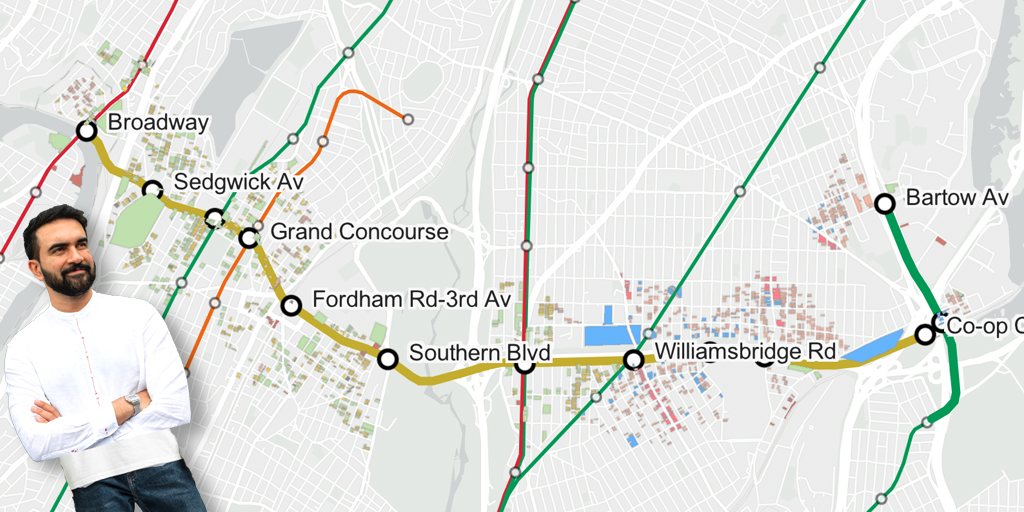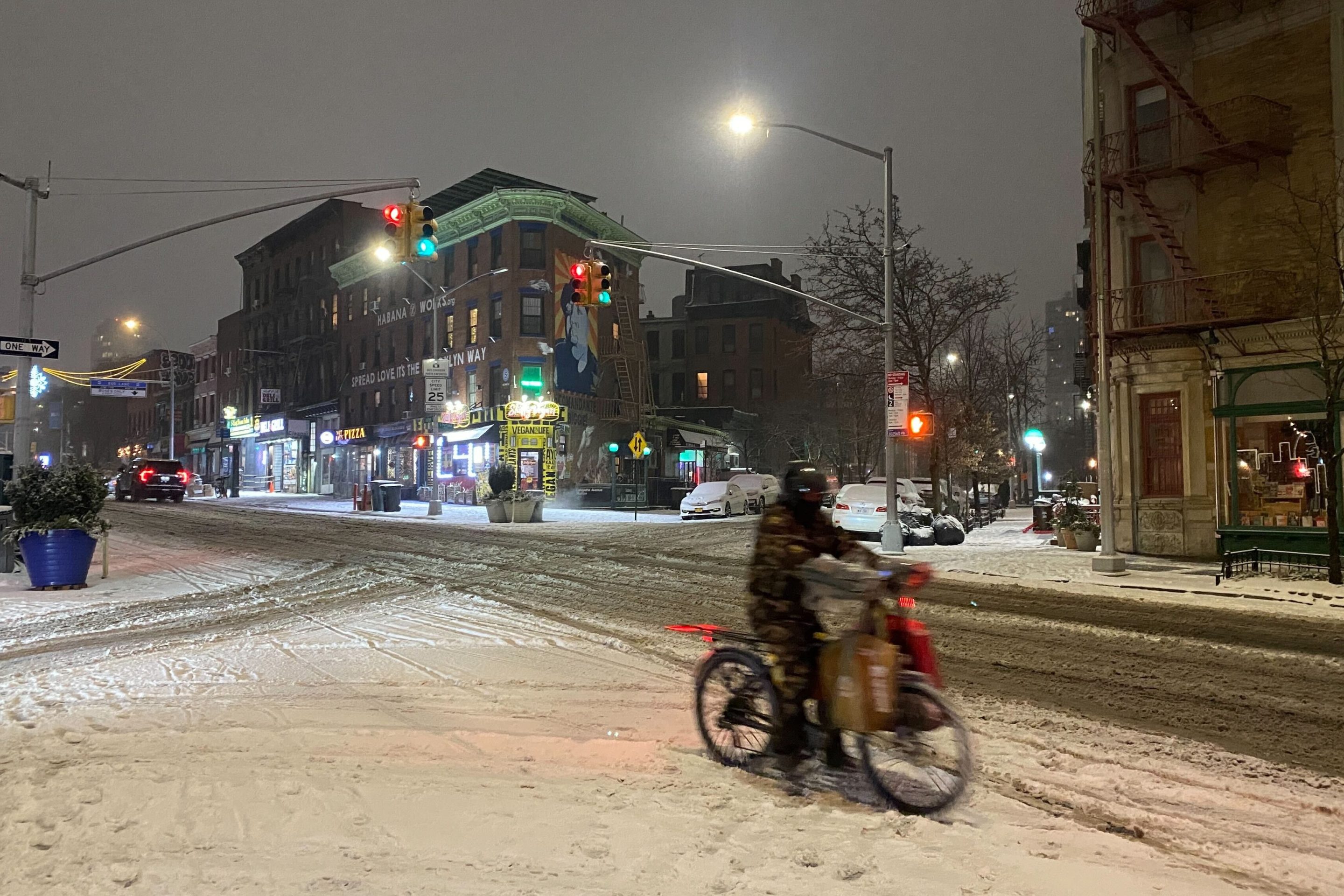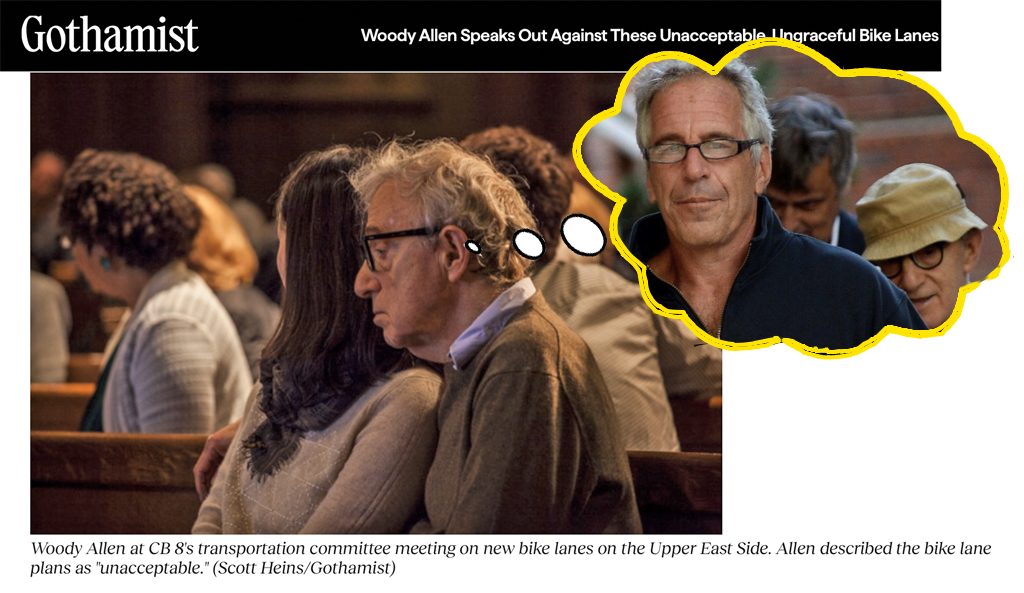Last week, the Livable Communities Act cleared the Senate Banking Committee, a milestone for legislation that would fund local efforts to plan for growth while curbing sprawl. But the 12-10 party line vote raised the prospect that the bill might also encounter unified Republican opposition in the full Senate, where the threat of a filibuster has become the norm.
One GOP senator's "no" vote seemed especially incongruous -- Utah's Bob Bennett. The vast majority of the people whom Bennett represents live in the region centered around Salt Lake City, which has made significant strides in recent years to coordinate housing development and transit investments -- exactly the sort of initiatives that the Livable Communities Act would reward.
“There are many, many things in this legislation that I strongly support," Bennett said during the subcommittee vote, before explaining why he would not support the bill. “There are things in this legislation that... would get in the way of what we are already doing in our state. So I will reluctantly vote against it.”
The remarks provoked some head scratching from advocates familiar with the regional planning efforts underway in Bennett's home state.
“I can’t imagine why he would say that,” said Kate Rube, policy director at Smart Growth America. "You would think a state like Utah would really stand to benefit from that bill."
“I’m not sure what he was referring to,” said Alan Matheson, executive director of Envision Utah, a non-profit that advises municipalities
on smart growth strategies. The group’s planning
work focuses on coordinating transportation and housing policies while preserving
open space. In the past, Matheson said, Bennett “has been a great supporter of the collaborative approaches we have taken in Utah.”
The Livable Communities Act, which would disburse competitive grants to communities of all sizes to both plan and build projects that reduce car-dependence and provide better access to transit, would stand to benefit the planning work that Envision Utah has facilitated. "If there was a way to supplement local funding, it would enable us to go beyond regular planning efforts to go to important implementation work," Matheson said.
Bennett’s office had no further comment as of yesterday afternoon.
Conservatives like Bennett may look at the bill and frown on the $4 billion in federal grants that it would distribute. “One could be in favor of high-density neighborhoods with transit, but it's another thing to say the federal government should be pushing that,” said Mark Calabria, director of financial regulation studies at the Cato Institute, a libertarian think tank.
But the bill creates incentives, not mandates, and it has strong backing from local governments who need the resources to plan for more sustainable growth. Only communities who apply for grants and meet funding requirements will get money, said Daria Daniel, associate legislative director for the National Association of Counties, a strong supporter of the bill.
“Some states have passed their own sustainability efforts,” Daniel said. "This would not usurp what state or local governments have already done."
 Envision Utah built support for transit-centered growth in part by communicating the high public costs of development based mainly on building detached housing (scenarios A and B). Graphic: Envision Utah
Envision Utah built support for transit-centered growth in part by communicating the high public costs of development based mainly on building detached housing (scenarios A and B). Graphic: Envision UtahIf politicians are concerned about new spending, he added, not investing in sustainable communities will cost more in the long run than the grants in the Senate bill. The example of Envision Utah is again instructive: The organization built public support for a transit-centered growth strategy by showing how typically sprawling growth patterns would exert a much higher toll in the long run.
“It could cost you more in the future not to plan for the future,” Daniel said.
The Senate bill now awaits a vote on the floor; the corresponding House bill has yet to pass a committee vote. In his remarks at the Senate committee hearing, Bennett said he would be open to continuing discussions on the bill.





